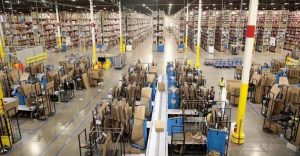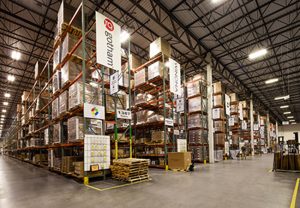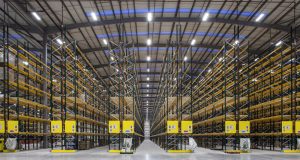Storage is difficult, especially for businesses where you have to consider factors such as performance, redundancy and risk analysis, access methods, backup, and disaster recovery.
Storage is difficult for IT due to the complexity of the storage systems, their centralization, and expense. Most SMBs have only one flexcart storage system which they tend to keep for a very long period. SMB IT departments have to deal a large budget item that is crucial to the business due to the lack of wide exposure to storage systems coupled with infrequent interaction with flex storage solutions systems; the nature of which they have little experience.
Both management and IT have a poor understanding of this product given these two key challenges. More often than not, IT departments start from wherever they feel is right for them without putting much thought into what they actually need in the company. Hey, start calling vendors instead of calling consultants, unaware of what they need.
Storage vendors do little to aid the situation after they have been contracted by the SMBs. The storage vendors act in their best interest not to educate their customers, a customer who approached them having already made up their mind to approach the same vendor in the first place with the essential information at hand. So the vendor will quite simply just want to sell what they have available.
The best option is to hire a storage consultant who, at the very least, has a set of low-cost solutions to choose from rather than just a single solution. The storage consultant should understand scale-out storage, failover, replication, NAS, SAN, etc.
You can also do your own research. You may get the right choice in the long run or probably be on the right path. You can consider these factors when making your decision.
1. Function

A function is determined by the usage and access to your storage. Ask yourself why you are buying the store. It can be for centralized data management, lower costs, increase performance or for backup. You may opt for a shared storage, but if it’s not determined by the function you want it for, then it’s not for you.
2. Capacity & Speed

IOPS come in a variety of flavors. Random access, burst speeds, sequential access, latency, and sustained rates are some of the concerns that come with IOPS. There are also variations in reading and writing. Needed performance and expected device performance are hard to determine. But if you do thorough research, this is measurable and achievable.
3. Reliability

It is crucial that you remember that the concepts of reliability and redundancy applied to normal servers also apply in equal measure to a dedicated shared storage system. You should, therefore, gauge risk precisely in the same manner you always have in order to determine exactly what equipment will be right for you.
Your storage system, for a very long duration, will most likely be a crucial component of your network. Take time to assess, understand and research your storage needs. They may be of extremely high cost and complexity to replace.




